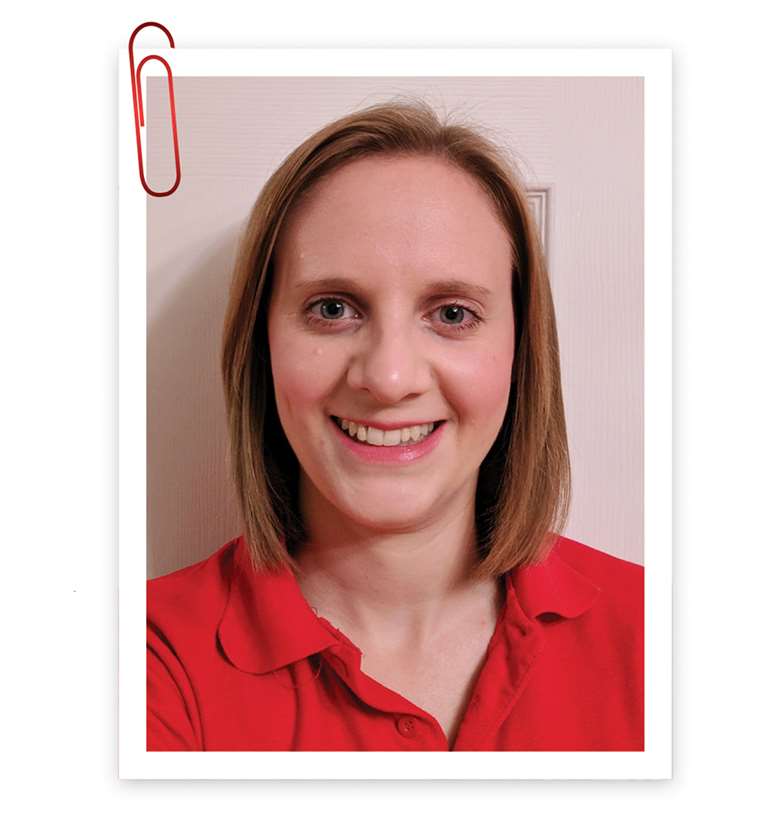How I Got Here: Sophie Charles
Sophie Charles
Wednesday, December 22, 2021
Senior youth work co-ordinator at Kinetic Youth Sophie Charles on her career to date and top tips.

An early interest in crime
I grew up in west London and in my late teens, a lot of my friends and people I knew and hung around with ended up having dealings with the police and being sent to prison for various reasons. I was also studying A-level psychology of crime at the time and what I was learning and what I was seeing happening to people I knew didn’t seem to correlate. I wasn’t sure about going to university, but two weeks before the Ucas deadline I discovered a criminology course and I thought it would help me understand what I was seeing going on around me. I went to Roehampton University to study criminology and social anthropology, very much with an anti-police, anti-prison, anti-system attitude. However, what I learned was that the police, prisons, the system will always exist – what we need to do is try to make them work better.
From student to volunteer
When I left university I applied for many jobs working with young offenders but got turned down for “not having any experience”. I wish someone had told me three years of studying without getting experience in the area within which you want to work puts you at a great disadvantage. With support from my parents, I ended up volunteering for a year full-time at the British Youth Council, and this is what sparked my interest in youth work. I also wanted to keep my foot in the door of the justice system, prisons particularly, so started volunteering at prisons Wormwood Scrubs, Brixton and Wandsworth supporting prisoner’s families. Over the next couple of years I also had a variety of jobs, in schools, on national participation projects, with justice charities and also volunteered for Girlguiding and other youth projects for young people involved in or at risk of crime.
Realising my YOI ambitions
I wanted to ensure I kept up to date with what was going on within the youth justice system, so I completed my masters in youth justice, community safety and applied criminology at Middlesex University. I had accepted at this point that I was going to pursue a career where I could (hopefully) make a meaningful difference, rather than make a big salary.
Through my voluntary work at the prisons, I had the opportunity to get a paid position at Feltham Young Offender Institution (YOI) in October 2012, so I grabbed it with both hands. Although it was to support prisoner’s families, which I really enjoyed and found very rewarding, it also involved working with young offenders which is exactly where I wanted to be.
Finding Kinetic Youth
I got a position in the education department at Feltham YOI and supported young offenders who couldn’t access education. However, I felt too restricted by policies and processes to be able to make real a difference to the system and to the young people I worked with. Education isn’t as important to them – what concerns them is whether they are going to live to 21. At this point Kinetic Youth started working at Feltham YOI. I realised that this was the perfect opportunity to do youth work in the environment where it is really needed. In 2017, I joined Kinetic, and a year later completed my postgraduate diploma in youth work, community learning and development.
It’s been a convoluted yet interesting journey for me, and I haven’t looked back since. It can be tough working in this environment and within this system, but there are glimmers of hope and positivity every day, which makes it all worth it.
TOP THREE CAREER TIPS
-
Experience, experience, experience! Go and volunteer in the area you want to work in, it is invaluable.
-
Being able to build relationships with young people is the most important skill you need.
-
Be persistent and remember why you are doing what you are doing.




